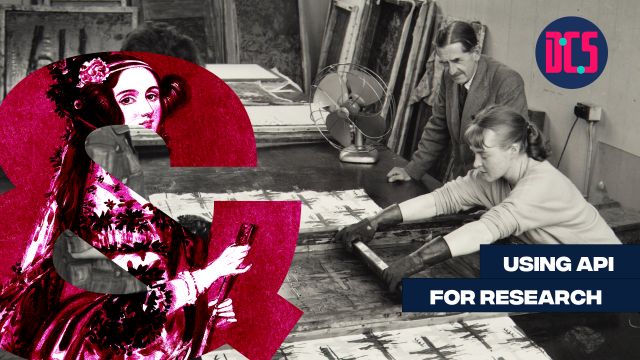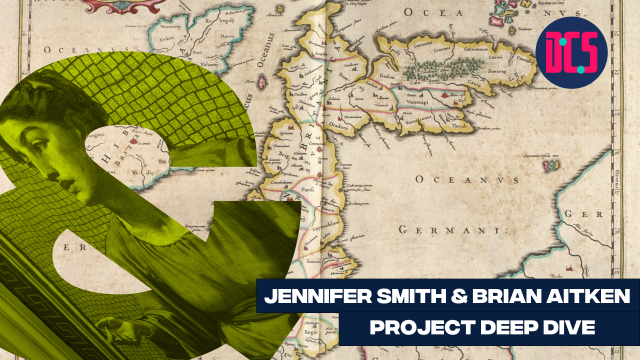Silent Disco: Facial Recognition in Historical Photographs with Artificial Intelligence in Python

Online
In this tutorial for Programming Historian, you will learn computer vision and machine learning principles for object recognition, and how to apply these principles using Python to recognise and classify smiling faces in historical photographs. You can explore the tutorial here.
The workshop will take place via Microsoft Teams in a ‘Silent Disco’ format. This is an asynchronous event: when taking part, you will work through the tutorial at your own pace with an instructor available online to help you with any issues.
This is an intermediate level workshop. To be able to follow its content you will need some knowledge of Python 3. Though this tutorial will not ask you to do any coding of your own, familiarity with how Python works will be beneficial. You will also need a basic familiarity with Google Colab and Jupyter notebooks.
This Silent Disco will be facilitated by Martin Disley.
After taking part in this event, you may decide that you need some further help in applying what you have learnt to your research. If so, you can book a Data Surgery meeting with one of our training fellows.
More details about Data Surgeries.
If you’re new to this training event format, or to CDCS training events in general, read more on what to expect from CDCS training. Here you will also find details of our cancellation and no-show policy, which applies to this event.
If you're interested in other training on AI, you can have a look at the following:
- Digital Method of the Month: Working with Generative AI Tools
- Efficient Prompting for Generative AI Tools












